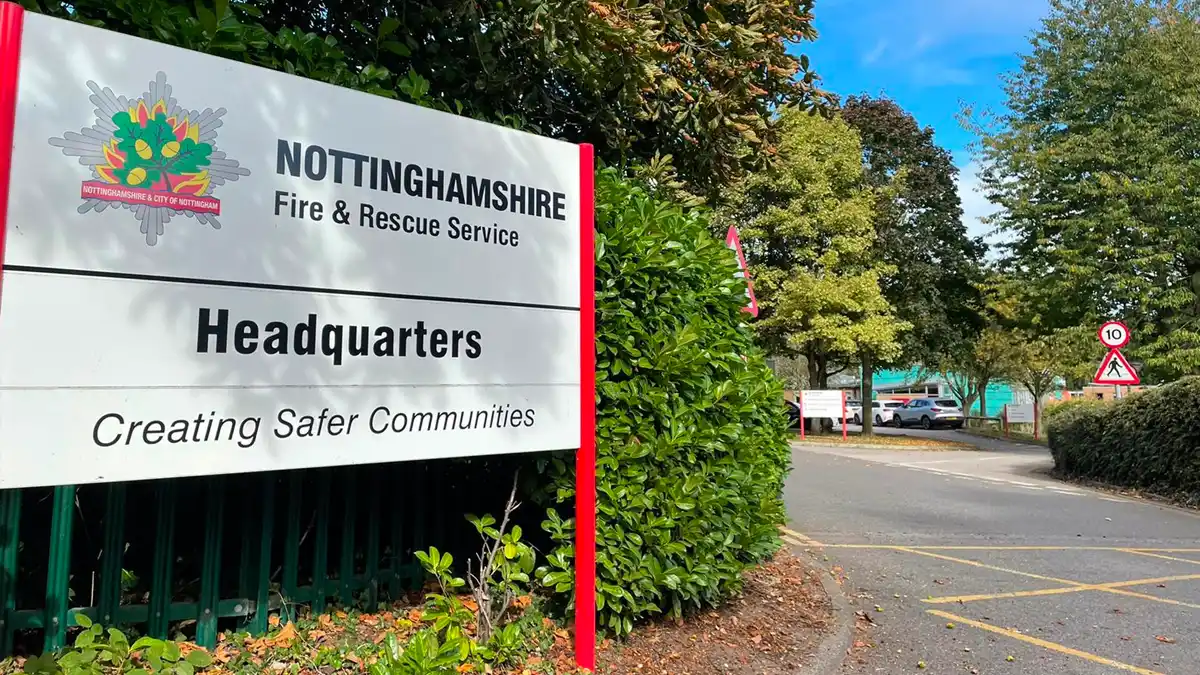Nottinghamshire’s fire service may decide to fine businesses that repeatedly cause false alarms as a “last resort”.
The idea was discussed in Nottinghamshire Fire and Rescue Service’s community safety committee on Friday (October 10).
The fire service responds and investigates the causes of automatic fire alarm activations (AFAs) across various premises. These systems alert people of a potential fire through sirens or speech, but can also be set off by steam, dust and cooking fumes.
When the service has investigated and no fire was found, this is called an ‘unwanted fire signal’ and is a false alarm.
In the 2024/25 financial year, the fire service responded to 5,176 AFAs, an increase of 184 incidents compared to the previous year.
A report states that around 4.3 per 1,000 people were false alarms, which reflects the national average.
The fire service is working to reduce the number of false alarms, and one option being considered is charging businesses responsible as a “last resort.”

The idea has already gained some support from committee members at previous meetings, and the majority of people who responded to a consultation in 2024 supported the proposal.
Meeting documents say: “The action of charging would only be considered as a last resort, if all attempts at engagement and education with the responsible
person/s had failed, appropriate notice periods had been communicated, and
only with specific business types, i.e. not schools, domestic premises,
hospitals, or other higher risk premises.”
Speaking in the meeting, committee chair, Councillor Richard Butler (Con) said: “I suspect as well, another reason for wanting it to be a ‘last resort’ is the fact that the cost of administering, to go through with fining an organisation or fining people would probably not be very helpful to our finances.”
Responding to this, Tom Archer, area manager and head of prevention, protection and fire investigation at the service, said: “That is a very astute point. I think obviously as well, businesses would have a view on being charged and would probably challenge.
He said fining businesses was not “at the forefront” of the service’s aims to reduce these false alarms, but added: “Administering any system like that will cost money and time.”
Cllr Butler continued: “Also, you find yourself in all sorts of long debates and discussions about cost, scale and charges – how do you work out how much a particular incident or offence is costing? So I think that’s the right approach to take, very much a ‘last resort’.”
Leila Berry, Assistant Chief Fire Officer, added: “I think from a financial responsibility improvements perspective, it’s an option to make available to members for your consideration.”
A further report on efforts to reduce false alarms will be discussed by the committee in March 2026. The committee may decide to implement charges for these false alarms at a later date.




